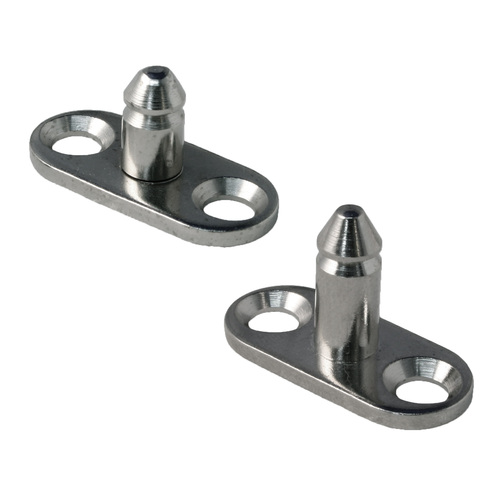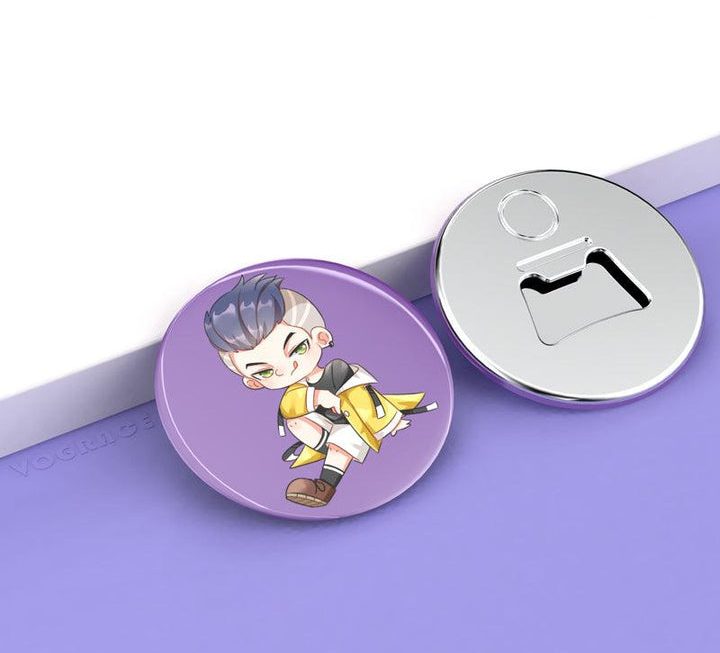Plywood boat construction was a time-consuming process and involved a lot of effort while fixing and each hole had to be pre-drilled individually. Fortunately, times have changed!
When choosing the fastener these days, the issue is most likely due to the enormous number of options available. Not only you have got a very wide range of forms and styles to pick from, but each of these classes also offer a number of metals and sizes.
There are more than a thousand movable and immovable parts on a boat. Boat owners need to understand that each and every part is important from both a safety and performance perspective. Make sure that whenever you are buying boat products, you are always choosing the best brands and manufacturers.
Fair Wind Fasteners mostly deal with all kinds of marine grade fasteners that can be used on your boat projects.
The following are the few metal fasteners often used on boats:
- Silicon bronze
Silicon bronze is a great material for making maritime fasteners. It has high strength and corrosion resistance, and it can be molded and machined into a variety of fastenings such as machine screws, wood screws, coach bolts, nails, and coach screws. It is a little costlier than all other materials, but it has excellent strength and also corrosion resistance.
If you want to go for the silicon ones, you should note that this is the highest standard as far as boat fasteners are concerned. The problem is that you are not going to get it everywhere. You will have to find a leading boat accessories supplier to get your hands on silicon fasteners for your vessel. To understand how you can order parts like fasteners for your boat, read more.
- Gunmetal
The gunmetal is also bronze, or one class of the bronzes to be more precise. Copper (85%), tin (5%), lead (5%), and zinc make up the composition (5 percent).
Gunmetal is a popular choice for classic boat fittings as it holds up well to casting, machining, and also polishing is comparatively strong and resists salt water.
- Aluminum bronze
For fittings where higher strength and also excellent seawater resistance are needed, aluminum bronze is mostly preferred, which is also an alloy and consists of
- Copper – 83%
- Aluminum – 10%
- Nickel – 5%
- Iron – 3%)
This has a pale yellow/gold color and the strength is more than twice that of gunmetal and is ideal for producing boat fasteners.
- Brass
There are a variety of brass alloys in use today, some of which are superior to others. Brass should only be used for internal fittings and must never be submerged.
- Galvanized iron
Galvanized fittings are a sturdy and durable alternative to bronze for boats and certain leisure vessel designs. These fittings are initially cast in iron and then annealed for 3 to 6 days for making them pliable (less brittle) and stronger.
They are then galvanized, usually by a ‘hot dip’ technique, which provides far longer corrosion protection than electroplating or sherardizing and is significantly superior to electroplating.
Apart from the cosmetic benefits of bronze, when embedding your fixture into a deck or other ‘airtight’ site, silicon bronze is preferable over stainless steel. To keep the coating of Chromium Oxide, which protects the screw and prevents corrosion, stainless steel needs to be exposed to air on a regular basis.
Silicon bronze is just about as tough as stainless steel, and it doesn’t require to be exposed to the air to keep its corrosion resistance. When bronze ages, it takes on the appearance of exposed copper.
Bronze is substantially tougher than brass and has higher corrosion resistance. Brass bolts should not be used outside, especially in areas where they will be exposed to the elements or salt water.



